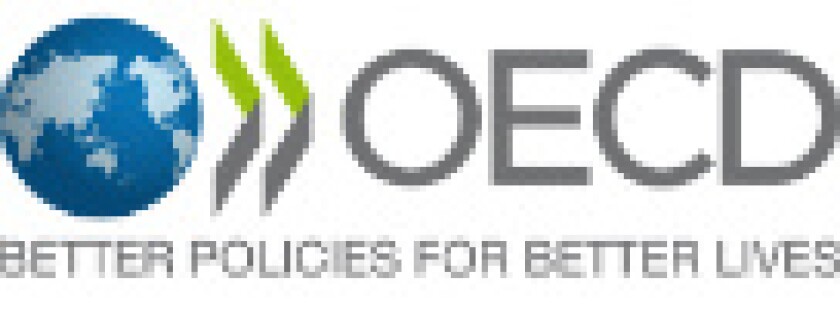Recent headlines might lead you to think that the only thing that interests multinational business is dodging taxes, and the only thing that interests governments is maximising the tax yield. The perception that low and middle income individuals are facing increasing taxes at a time when big multinationals are not contributing their fair share has become a political problem now identified by the G20.
But how can we move beyond the headlines and come up with an accurate analysis of the problem and appropriate solutions? Put slightly differently, how can we move beyond entrenched adversarial positions and work towards the common goal of a stronger, more balanced tax system, in which the public may be able to trust?
The world economy has changed profoundly and at an increasingly rapid pace over the past few decades. Big companies have globalised and have been able to thrive in a context where national tax sovereignty remains the rule. Beyond the cases of evasion and clear abuse, changes in business practices brought about by globalisation (for example, relating to risk-management and intellectual property) have raised more complex questions among governments about whether the domestic and international rules on the taxation of cross-border profits have kept pace with those changes.
Double non-taxation, or stateless income, is no more acceptable as an economic matter than double taxation. This is clearly true for governments, in particular at a time when many of them face severe revenue constraints. However, double non-taxation is harmful to business too: it gives competitive advantages to some players thus distorting the level playing field. Business should compete on commercial grounds not on aggressive tax planning.
At the same time, the removal of exchange controls and, again, globalisation, have led countries to compete for investment by means of incentives in the tax system. The result is an increasingly unstable international tax system. Tax is a cost which businesses legitimately seek to control, and they should not be blamed for taking up legal incentives offered by competing governments. But these incentives have themselves caused the international tax system to become less stable and that is to the advantage of neither governments, nor businesses, nor economic growth.
Today the OECD has published a note responding to a request from the G20 to report on what might be done to prevent Base Erosion and Profit Shifting (BEPS). This note does not propose solutions, but rather a framework within which the necessary work can be done to pinpoint what problems actually exist, and then propose solutions to those problems. The OECD is committed to reaching out to as wide a group of countries as possible, not just the “rich world club”. There must be a solution which has widespread international backing.
BIAC completely supports this effort. Business does believe that tax is a question of law; not morality. But it also recognises that the public must have confidence that business’ interpretation of the tax law is reasonable and proportionate. Business agrees that in a globalised world it should be transparent with governments, and that governments should be transparent with each other through exchange of information. And, business agrees that it is legitimate - even necessary - to ask whether the substance of transactions and their taxation have diverged in certain cases.
So, all aspects of the current system should be examined and if rules need changing – as some may well do – then the rules should be changed. But, we also will still live in a highly competitive world, so if rules are changed, that must be done on the broadest possible international basis in the G20 and beyond, so that no national or industry sectors gain an unfair “free-rider” advantage that would almost immediately trigger another competitive struggle.
The headlines point to a worsening - almost Manichean - struggle between governments and businesses over tax, but, in fact, we in the OECD and many in the business community continue to focus on cooperative action to move forward, rather than taking adversarial positions, and designating scapegoats without tackling the issues. After all, we both strongly believe in tax compliance. We both think that incremental progress can be made to improve certainty for business, ensure the elimination of double taxation, and align the locations of actual business activity and the locations where profits are reported for tax purposes. We also both believe that revisiting the rules, which were designed in a different world economy, should not be a taboo.
To be sure, most businesses generally like to pay less tax, and most governments generally like to collect more. But if we work together, and with other stakeholders, we believe we can rebuild public trust and find the right balance between the goals of fostering economic growth and jobs and of allowing governments to protect their tax bases and raise the tax revenue they deem appropriate.










